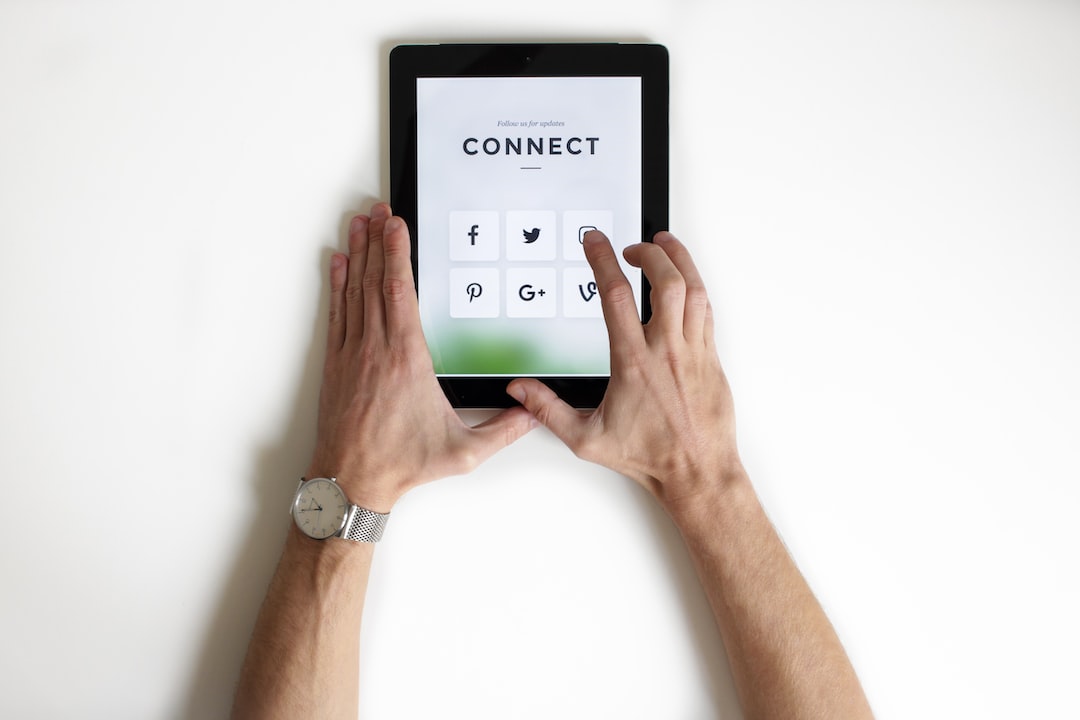With the rapid growth and constant evolution of social media, it has become an integral part of our lives. From sharing updates about our personal and professional lives to connecting with friends and family, social media platforms have revolutionized the way we communicate. However, while social media offers numerous benefits, it also raises concerns about privacy. In this blog post, we will explore the fine line between sharing and protecting our privacy on social media.
One of the fundamental aspects of social media is sharing. We upload pictures, videos, and posts, allowing our network to stay updated with our lives. It’s a convenient way to keep in touch with loved ones, especially those who are far away. We can share special moments, achievements, and even our thoughts and opinions on various subjects. Sharing on social media can foster a sense of community and belonging, enhancing our relationships and connections.
However, with the ease of sharing, there comes a need to be cautious about what we share. Oversharing personal information can lead to privacy breaches and potentially compromise our security. It’s essential to consider the potential consequences before publishing anything online. For instance, sharing information such as your home address or phone number can make you vulnerable to identity theft or harassment. Therefore, it is crucial to set boundaries and think twice before sharing such sensitive information.
Privacy settings play a vital role in safeguarding our personal information on social media. These settings allow us to control who can view our posts, photos, and personal details. It’s essential to take the time to review and adjust these settings according to our preferences. By limiting the audience of our content, we can ensure that only trusted individuals have access to it. Furthermore, regularly updating our passwords and using unique, strong passwords for each social media platform can enhance our account’s security.
Another aspect of privacy on social media is being mindful of what others share about us. We may not have control over what our friends or family members post, and sometimes, they may tag us without our consent. It’s crucial to regularly monitor the content we are tagged in and utilize tagging settings to review and approve any tagged posts or photos before they appear on our profiles. This way, we can have a say in what information is associated with us on social media.
It’s also important to consider the potential consequences of our digital footprint. Employers, colleges, and even potential romantic partners often search for individuals’ online presence to gain insight into their character. What we post online can have a lasting impact on our personal and professional lives. Therefore, it’s wise to think about content from a long-term perspective and avoid posting anything that may be offensive, controversial, or harmful to ourselves or others.
Moreover, social media platforms themselves are responsible for protecting our privacy. As users, we should be aware of the privacy policies of the platforms we use and understand how our data is being handled. Choosing reputable platforms that prioritize user privacy and regularly updating their security protocols can provide us with peace of mind.
In conclusion, social media has become an inseparable part of our lives, but it also poses risks to our privacy. By finding a balance between sharing and protecting our personal information, we can enjoy the benefits of social media while safeguarding our privacy. Setting appropriate privacy settings, being mindful of what we share, and considering the potential consequences of our digital footprint are essential steps in navigating this fine line. Ultimately, by being conscious of our online presence, we can ensure a safer and more enjoyable experience on social media.

